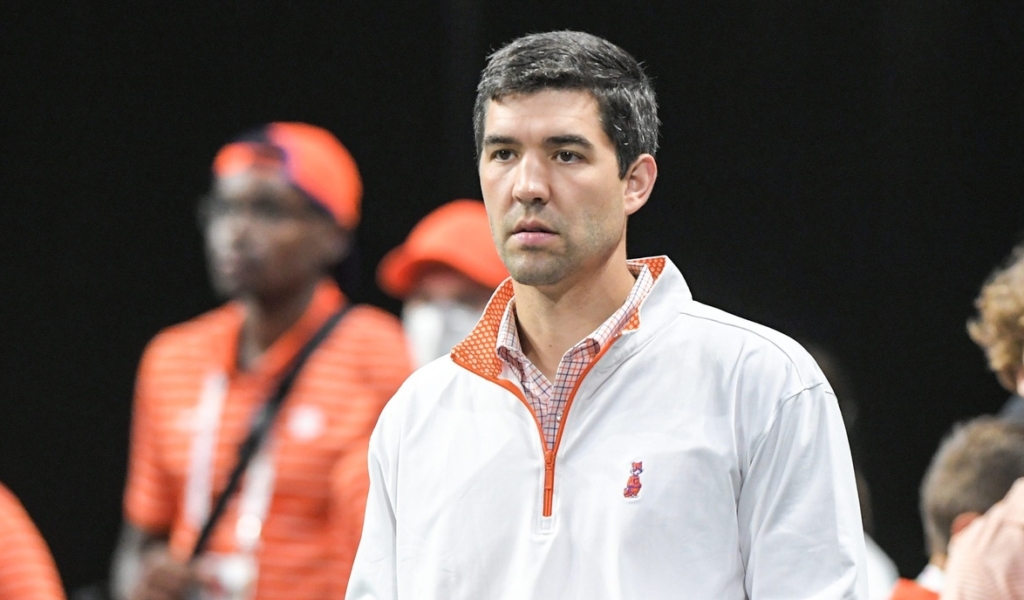College athletics are in the midst of a whirlwind type of transformation, with the landscape constantly changing.
From the advent of NIL and the transfer portal just a few short years ago, to the implementation of the House Settlement, which now allows schools to pay student athletes directly.
Athletics Director Graham Neff has been one of the people responsible for leading Clemson into this brand new world, and deserves a lot of the credit for having the school well-positioned in this new era.
“The implementation of the House Settlement has certainly been a frontal focus, couldn’t be a higher priority,” Neff said on Tuesday from the Smart Family Media Center. “Certainly, what that looks like locally with the deployment of our revenue share dollars. We have talked about that, we are without question fully funding and all in on our revenue distribution strategy on how we allocate that among teams.”
Not only does the settlement allow Clemson to share up to $20.5 million directly with its student athletes this year, but it has also allowed for the creation of 150 new scholarships combined across all sports. For example, football will go from having 85 to 105. Basketball will go from 13 to 15, and baseball will get a huge bump, moving from the archaic 11.7 to 34 full scholarships.
“Football continues and will be our investment strategy from a business standpoint, but that allocation of additional scholarships, 150, is significant,” Neff added. “We previously had 275 scholarships, kind of collectively, but adding 150 to that is significant. From a per capita standpoint, that might be the most, or as big of an increase as any other school in the country.”
At the same time, there are still some unanswered questions regarding some of the things surrounding the settlement, particularly when it comes to NIL. Originally, all NIL deals valued at more than $600 were to be submitted to a clearinghouse called NIL Go for approval. If it were determined that the deal was not a valid endorsement deal, it would be rejected. The guidelines were aimed at slowing down the “pay for play” deals that some of the collectives at other schools were putting together.
However, in recent weeks, the College Sports Commission, which oversees the new NIL guidelines, has changed its stance on collectives and will now allow them to be treated like any other third-party business.
As with any new change, especially one of this magnitude, there are bound to be some bumps in the road, and Neff is doing whatever he can to ensure Clemson is prepared for any and all possibilities.
While the school’s collective, The 110 Society, has already been folded into IPTAY, Clemson Ventures, which was designed with a true private-sector business structure and full-service marketing and NIL agency capabilities to drive revenue, was formed last year in an effort to help lead the Tigers into this new NIL landscape.
“Lastly, and certainly probably the most moving, or still being figured out, is commercial NIL,” Neff said. “How that looks with NIL GO under the leadership of the College Sports Commission. The build of our commercial NIL infrastructure is the highest priority. For as much as we are all in on revenue share, $20 million, a lot of schools like us, that differentiator for us, and how we leverage and facilitate commercial NIL is significant. It is one of our main focuses ahead. Certainly, Clemson Ventures has internal revenue generation strategies to it, but it was absolutely done a year ago in anticipation to facilitate and being strategic around that NIL type of structure.
Photo courtesy of Ken Ruinard / USA Today Network-USA TODAY NETWORK
